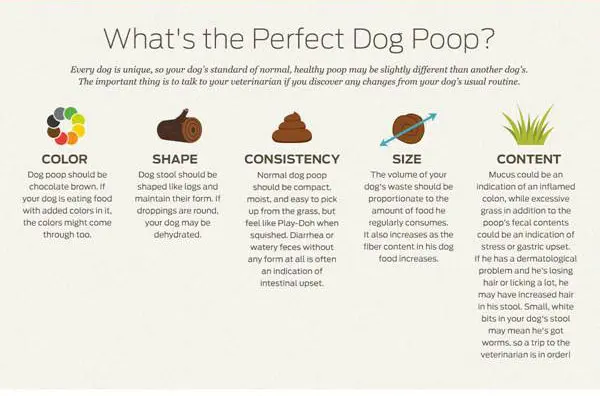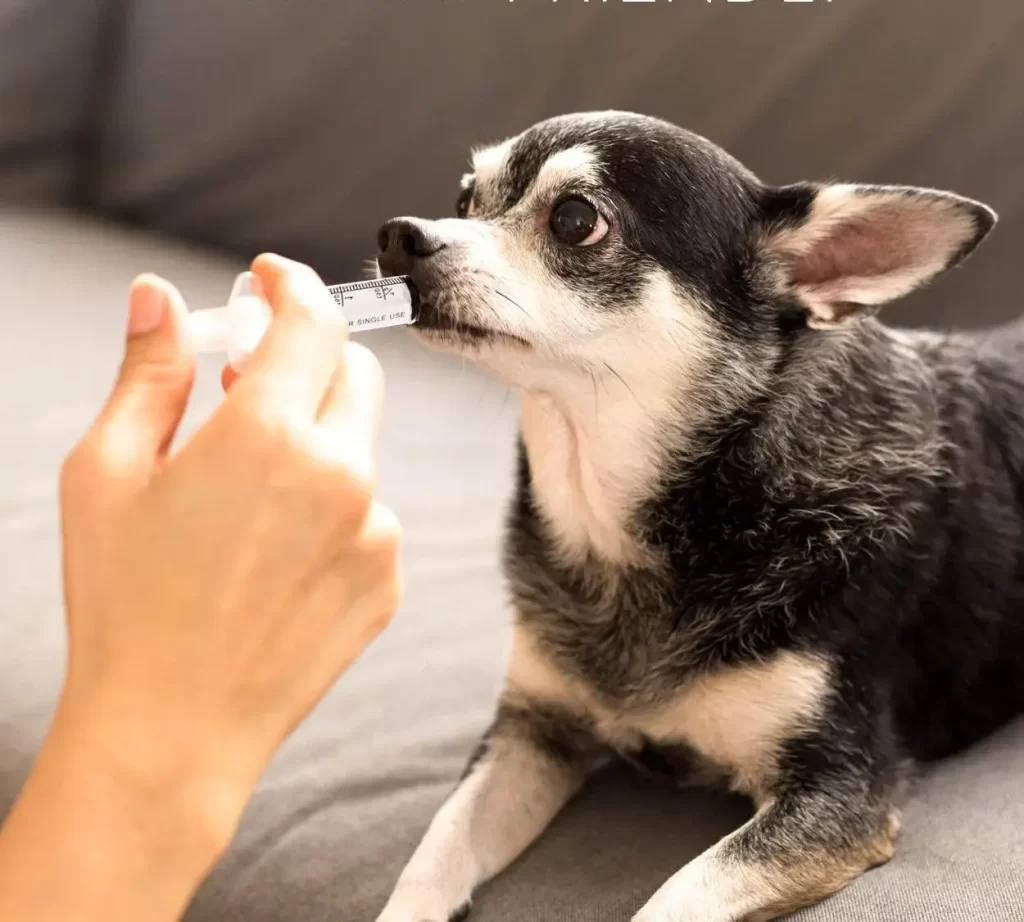Diarrhea is a common issue that many dog owners face. It can be caused by a variety of factors, including dietary indiscretion, infections, stress and underlying medical conditions. While mild cases of diarrhea may resolve on their own, more severe or persistent cases may require medical intervention. The key signs of dehydration in dogs with diarrhea include, Dry nose, Excessive drooling, Lethargy, Sticky or dry gums, Loss of skin elasticity (the “skin tent” test) , Loss of appetite, Thick, pasty saliva, Vomiting and Sunken eyes. One option for treating diarrhea is an Anti-Diarrhea Suspension for Dogs. These medications can help to reduce fluid loss, soothe the digestive tract, and restore normal bowel function. However, it is important to consult with a veterinarian before administering any medication to your dog, as some over-the-counter options may not be safe or appropriate for certain breeds or medical conditions.
Causes of Diarrhea in Dogs
The common causes of diarrhea in dogs can be attributed to a variety of factors. Given the wide variety of potential causes for diarrhea in dogs, it is crucial for pet owners to seek veterinary attention, particularly in cases where the diarrhea is persistent or severe.
- Dietary indiscretion, such as eating garbage or spoiled food, can lead to gastrointestinal upset and diarrhea
- Infections, both bacterial and viral, can also cause diarrhea in dogs, with serious conditions like parvovirus being particularly concerning.
- Underlying medical conditions, such as pancreatitis, inflammatory bowel disease, liver disease, and kidney disease, can also result in diarrhea in dogs
- Additionally, stress and anxiety, as well as the ingestion of foreign objects or toxins, can trigger diarrhea in dogs
- Parasitic infections, including roundworms, hookworms, and Giardia, are a frequent cause of diarrhea in dogs, particularly in young puppies

Natural Anti-Diarrhea Suspension for Dogs
Before giving any anti-diarrheal supplements or medications to a dog, it is generally recommended to first try home remedies and natural treatments.
- Fasting, withholding food for 12-24 hours and providing plenty of fresh water can give the digestive system a chance to rest and recover from diarrhea. This should only be done with caution, especially for puppies and elderly dogs
- Providing Fluids like water, Pedialyte, or low-sodium broths can help prevent dehydration during bouts of diarrhea
- Feeding a Bland Diet of boiled chicken and rice or boiled potatoes and turkey can help soothe the digestive tract and allow it to heal. This should be gradually transitioned back to the dog’s regular diet
- Adding 2-4 tablespoons of Pure Pumpkin (not pumpkin pie filling) to the dog’s food can help provide fiber to firm up loose stools. Pumpkin is an effective natural remedy for both diarrhea and constipation in dogs
- Giving your dog Probiotic Supplements or foods like plain yogurt with active cultures can help restore the balance of beneficial gut bacteria and support digestive health
- Slippery elm is a gentle, soothing herb that can help calm the digestive tract. The recommended dosage is 1/4 teaspoon of the powdered form per 10 pounds of the dog’s body weight
- “L-Glutamine”, This amino acid can help repair the intestinal lining and reduce inflammation. It is a recommended natural remedy for dog diarrhea

Prescribed Anti-Diarrhea Suspensions for Dogs
| Prescribed | Veterinarians may prescribe anti-diarrheal medications such as loperamide (Imodium) or metronidazole To help manage acute diarrhea in dogs. These medications can be effective in reducing the frequency and severity of diarrhea. But they should be used with caution and under the guidance of a veterinarian. Certain breeds, such as Collies, Shelties, and Australian Shepherds, may be more sensitive to these medications and should be monitored closely. |
| Over-The-Counter | In addition to prescription medications, there are also over-the-counter options that may be suitable for treating diarrhea in dogs. Pepto-Bismol (bismuth subsalicylate) is one such option, but it should be used with caution as it can cause gastric bleeding and may mask other underlying issues. Veterinarians may instead recommend a bismuth subsalicylate product specifically formulated for dogs, such as Corrective Suspension. Another over-the-counter option for treating diarrhea in dogs is Imodium (loperamide). This medication can help to slow down the movement of the digestive tract and reduce fluid loss. However, it’s important to consult with a veterinarian before administering Imodium, as it may not be appropriate for all dogs, especially those with certain medical conditions or taking other medications |
You may also like “Massena Humane Society”.
FAQ’s
What are the potential side effects of giving Anti-Diarrhea Suspension to Dogs?
While anti-diarrheal medications can be effective in treating diarrhea in dogs, they may also have side effects. Potential side effects of anti-diarrheal medications include vomiting, constipation, and drowsiness. It’s important to monitor your dog closely and report any adverse reactions to your veterinarian.
How to prevent diarrhea in dogs?
Avoiding dietary indiscretion by keeping dogs away from garbage, toxic substances, and sudden diet changes. Maintaining up-to-date parasite prevention medication. Supporting a healthy gut microbiome through a balanced diet, probiotics, and minimizing environmental stressors. Consulting a veterinarian if persistent or severe diarrhea occurs, as it may indicate an underlying medical condition requiring treatment.
How long does it take for natural remedies to work for dog diarrhea?
Natural remedies for dog diarrhea can start providing relief within a short timeframe, typically a few hours to a couple of days
When should i take my dog to the vet for diarrhea?
The diarrhea lasts longer than 24 hours, especially if it is accompanied by other symptoms like vomiting, fever, lethargy, or signs of dehydration. Severe or bloody diarrhea also warrants an immediate vet visit, as it could indicate a more serious underlying condition. If the diarrhea is related to a recent diet change or stress, and your dog is otherwise acting normally, you can typically wait 24 hours to see if it resolves on its own before calling the vet.
Anti-diarrheal suspensions can be a useful tool in managing diarrhea in dogs, but they should be given with caution and under the supervision of a veterinarian. It is crucial to identify and address the underlying cause of the diarrhea, as this will determine the most appropriate course of treatment. Pet owners should consider both medical and natural remedies to ensure the best possible outcome for their Dogs

